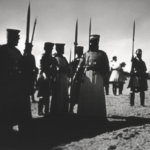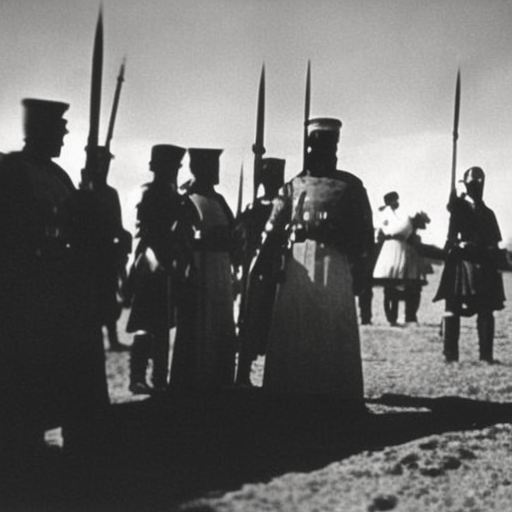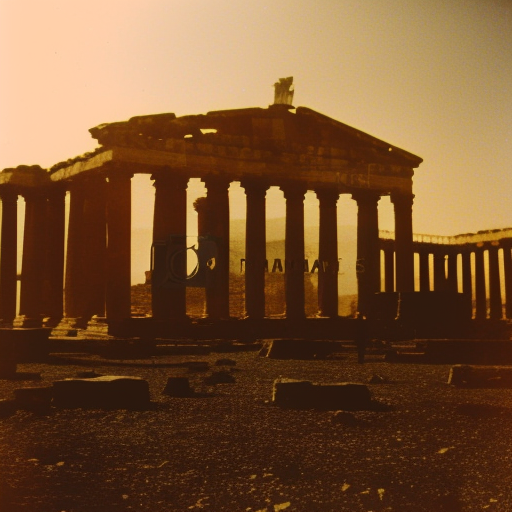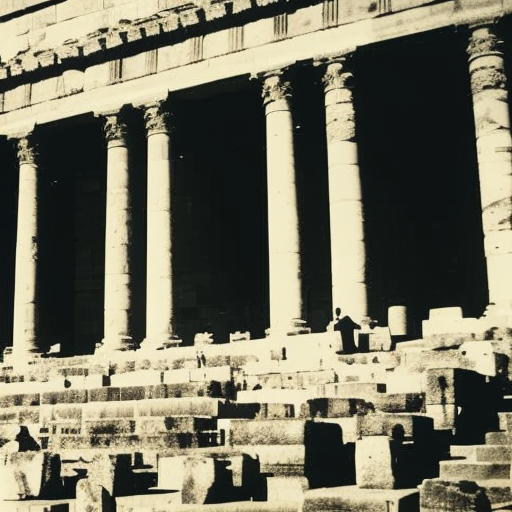The Gallic Wars led by Julius Caesar
The Gallic Wars were a series of military campaigns led by Julius Caesar, the Roman general and statesman, between 58 and 50 BCE. These campaigns were fought against various Gallic tribes in what is now modern-day France, Belgium, and parts of Switzerland and Germany. The primary objective of the wars was to expand Roman territory and secure Caesar’s political position in Rome.
Caesar’s motivations
Caesar’s decision to embark on the Gallic Wars was driven by several factors. Firstly, he saw an opportunity to gain military glory and prestige, which would enhance his political career in Rome. Additionally, Caesar aimed to secure the loyalty of his troops and gain their support for his political ambitions. Furthermore, the Gallic region was rich in resources, and Caesar sought to exploit these for the benefit of Rome.
The early campaigns
The first campaign of the Gallic Wars began in 58 BCE, with Caesar leading his forces against the Helvetii, a Gallic tribe attempting to migrate to western Gaul. Caesar successfully defeated the Helvetii and then turned his attention to other Gallic tribes, such as the Suebi and the Belgae. Over the next few years, Caesar gradually expanded Roman control over Gaul through a series of military victories and alliances with local tribes.
The revolt of Vercingetorix
In 52 BCE, a major revolt broke out among the Gallic tribes under the leadership of Vercingetorix, a nobleman from the Arverni tribe. Vercingetorix managed to unite several Gallic tribes against the Romans and adopted a strategy of guerrilla warfare, avoiding direct confrontation with Caesar’s superior forces. However, Caesar skillfully besieged Vercingetorix and his forces in the fortified city of Alesia, ultimately forcing their surrender after a long and brutal siege.
Consolidation of Roman control
Following the defeat of Vercingetorix, Caesar continued to consolidate Roman control over Gaul. He established Roman colonies, implemented Roman law, and introduced Roman culture to the region. Caesar’s military campaigns also had a significant impact on the political landscape of Rome. His victories in Gaul bolstered his reputation and popularity among the Roman people, which ultimately played a crucial role in his rise to power.
Legacy of the Gallic Wars
The Gallic Wars had far-reaching consequences for both Gaul and Rome. Gaul was transformed from a collection of independent tribes into a Roman province, bringing it under Roman rule for centuries to come. The wars also solidified Caesar’s position as a military and political leader, paving the way for his eventual appointment as dictator of Rome. However, the Gallic Wars also contributed to the growing tensions within the Roman Republic, ultimately leading to its collapse and the rise of the Roman Empire.
In conclusion, the Gallic Wars led by Julius Caesar were a series of military campaigns fought between 58 and 50 BCE. Caesar’s motivations included personal ambition, the desire for military glory, and the exploitation of Gaul’s resources. The early campaigns saw Caesar gradually expand Roman control over Gaul, while the revolt of Vercingetorix posed a significant challenge. However, Caesar’s skillful tactics and the eventual surrender of Vercingetorix led to the consolidation of Roman control over Gaul. The Gallic Wars had a lasting impact on both Gaul and Rome, transforming Gaul into a Roman province and solidifying Caesar’s position as a prominent leader.












